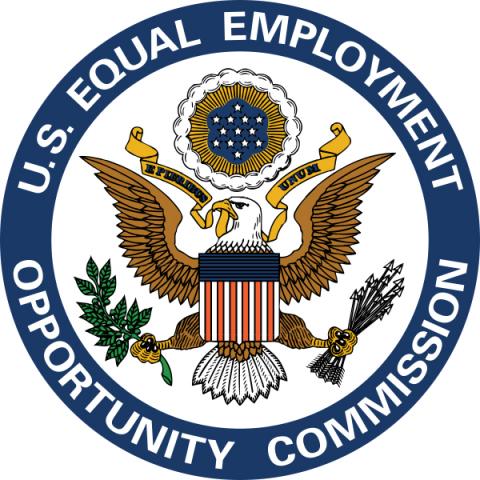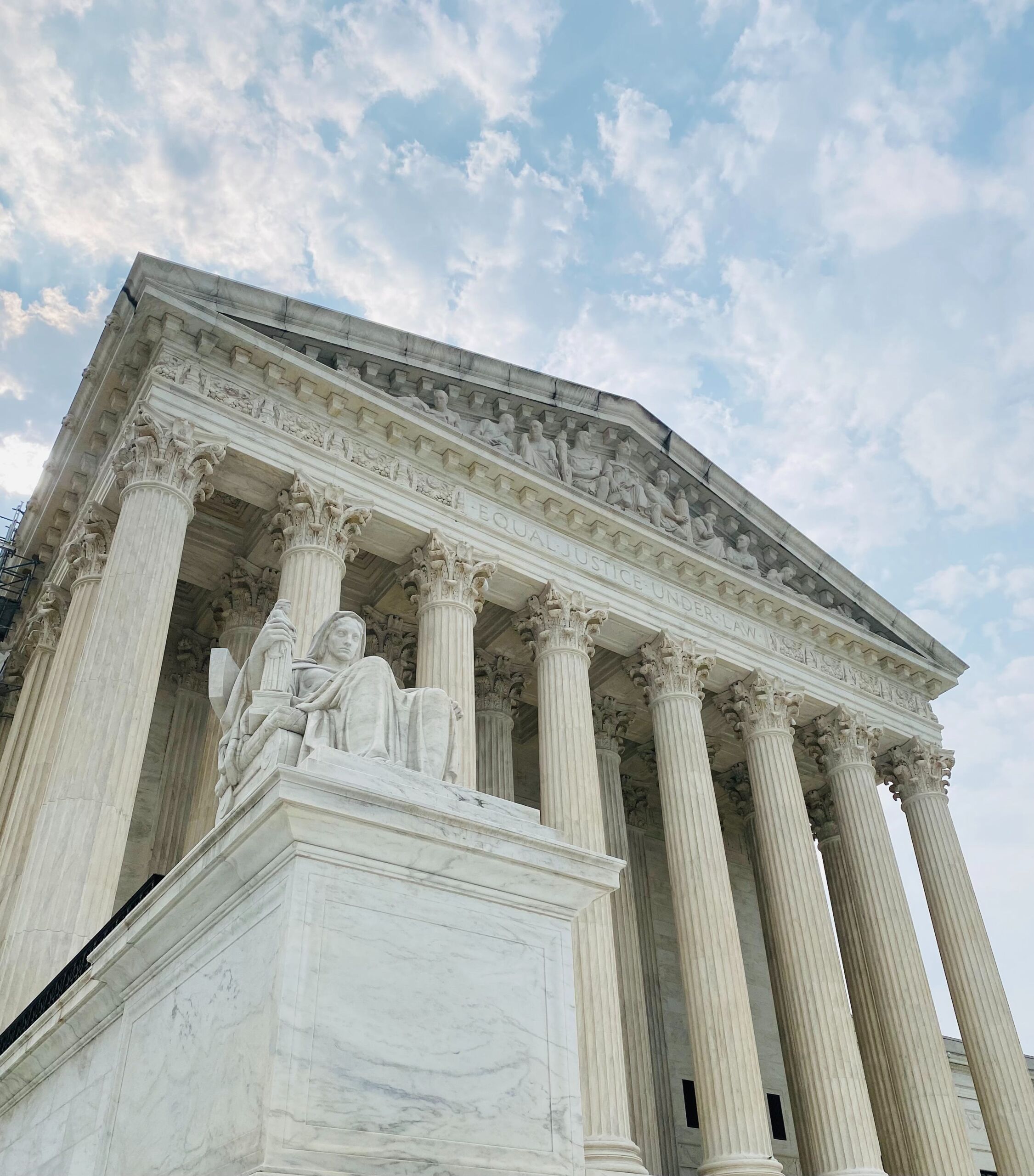In the wake of recent executive orders impacting the federal workforce, many government employees are left questioning their rights, protections, and next steps. At The Spiggle Law Firm, our attorneys—Tom Spiggle and Mike Ludwig—recently discussed these pressing issues, shedding light on what federal employees need to know in this rapidly evolving landscape. Below, we break down the key takeaways from our discussion and how you can protect yourself if your job is at risk.
Do Federal Employees Still Have Rights?
One of the most common misconceptions is that recent executive orders have stripped federal employees of their legal protections. This is not the case. Federal anti-discrimination laws remain intact and continue to apply to both federal and private sector employees. These laws, including Title VII of the Civil Rights Act, cannot be overturned by executive order alone—they require congressional action, which has not occurred.
What Does the Department of Governmental Efficiency (DOGE) Mean for Your Job?
A new agency, the Department of Governmental Efficiency (DOGE), has been making headlines with its efforts to restructure the federal workforce. This has raised concerns among many employees, particularly those in agencies like the DOJ and FBI, who fear politically motivated terminations. While DOGE’s actions are currently the subject of multiple lawsuits, affected employees should not wait for legal battles to unfold before taking action.
What Protections Do Federal Employees Have?
Despite the current uncertainty, federal employees still have significant legal protections against wrongful termination, discrimination, and retaliation. If you believe you are being unfairly targeted, two key avenues are available to you:
- Equal Employment Opportunity (EEO) Complaints
- If you face discrimination based on race, sex, religion, disability, national origin, or other protected statuses, you can file an EEO complaint with your agency’s internal Equal Employment Opportunity Office.
- You must file within 45 days of the discriminatory action, so it’s crucial not to delay.
2. Merit Systems Protection Board (MSPB) Appeals
- The MSPB is an independent agency that reviews federal employment disputes, including wrongful terminations.
- Employees must file an appeal within 30 days of their termination.
- While you can represent yourself, hiring an experienced employment attorney is highly recommended due to the complexity of the process.
Why You Should Consider Legal Representation
While both the EEO and MSPB processes are designed for employees to access without legal representation, navigating them alone can be challenging. These cases involve strict deadlines, procedural hurdles, and detailed legal arguments. An experienced employment attorney can help you:
- Strengthen your case by gathering necessary evidence.
- Navigate legal complexities that could otherwise delay or weaken your claim.
- Represent you before administrative judges and, if necessary, escalate your case to federal court.
Pending Lawsuits and Future Legal Challenges
Several lawsuits have been filed challenging DOGE’s authority and the legality of its actions against federal employees. While some of these cases could result in temporary restraining orders (TROs) that block terminations, employees should not rely on these lawsuits alone for protection. Proactively filing complaints and appeals remains the best course of action.
Additionally, organizations such as the State Democracy Defenders Fund are working alongside legal experts like whistleblower attorney Mark Zaid to safeguard federal employees’ rights. If you are concerned about your job, exploring these resources may be beneficial.
Final Thoughts: Protect Yourself Now
The uncertainty surrounding the federal workforce is causing understandable concern. However, employees still have rights, and waiting too long to act could jeopardize your ability to seek recourse. If you believe your job is at risk due to discrimination, retaliation, or politically motivated terminations, take the following steps:
- Consult an attorney: A brief consultation can clarify your rights and legal options.
- File an EEO complaint within 45 days if discrimination is a factor.
- File an MSPB appeal within 30 days if you are terminated.
- Join advocacy groups like the State Democracy Defenders Fund for additional support.
At The Spiggle Law Firm, we specialize in federal employment law and can help you determine the best course of action. If you need guidance, visit our website at spigglelaw.com or join our free online community at spigglelaw.com/community to connect with others navigating similar challenges.
Your rights matter—don’t wait to protect them.





